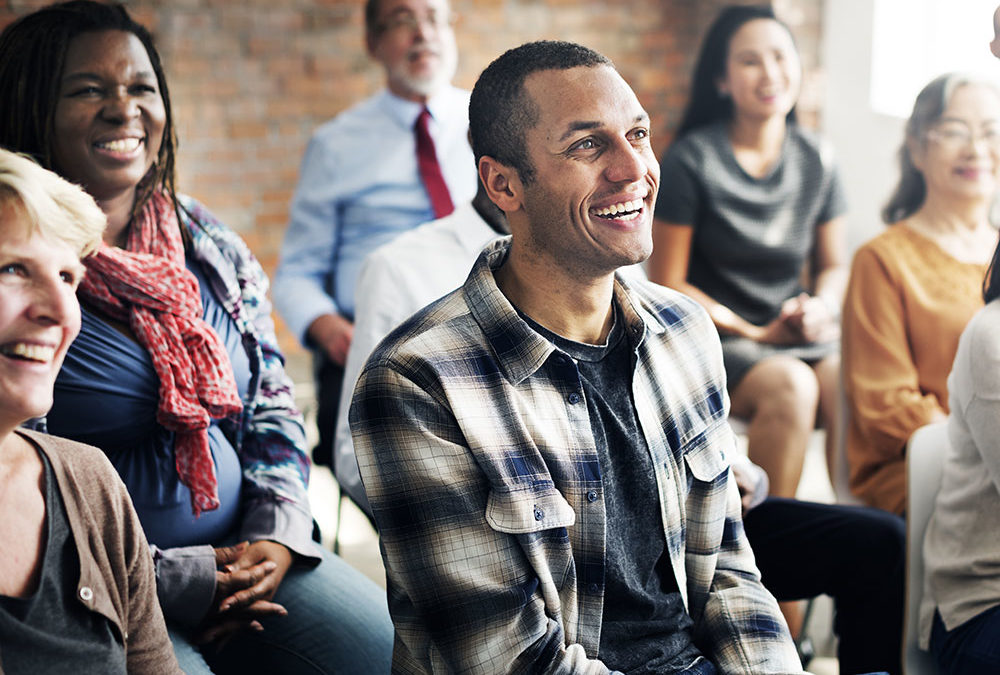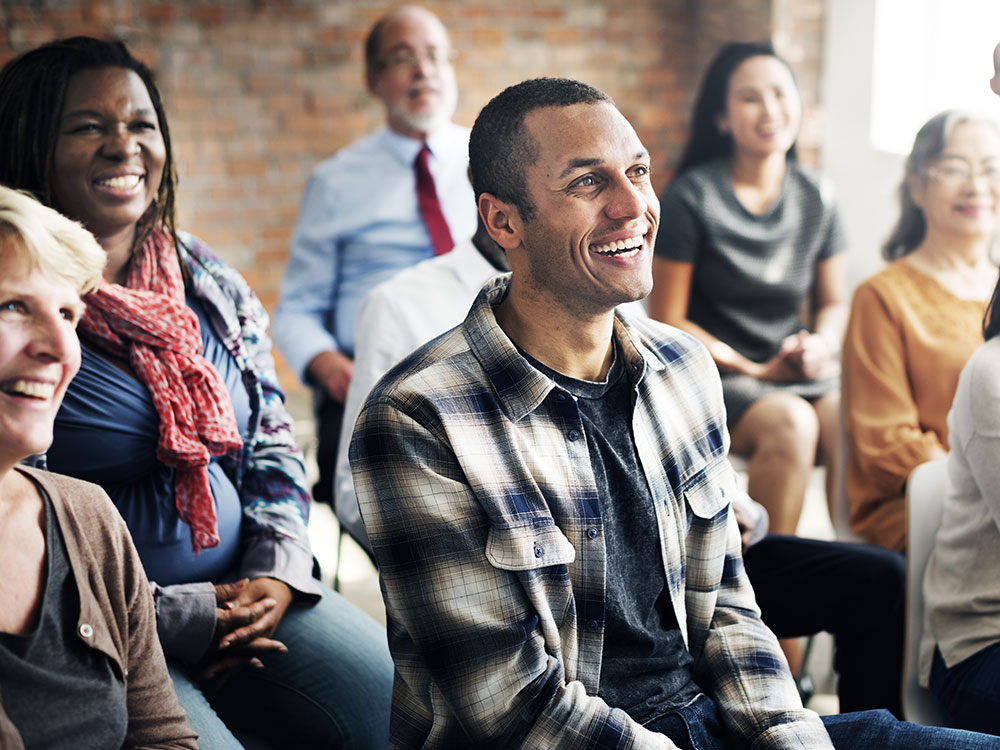“Learning from one another ought to be
a key competency of each and every learning
organization and institution.”
Karin Reichwein
The concept of life-long learning is now of utmost importance, especially when we consider that the entirety of the planet’s knowledge now doubles within the space of a few years. As Bandura (1963) has already explained, individuals develop their personality by continually learning from their social environment (cf. Bandura, & Walters, 1963). Applied this to institutions and organizations, this means, on the level of the individual, learning from each other, sharing best practice. At a systems level, it means that organizations and institutions can learn from each other too. A major prerequisite for achieving this is personal reflection on learned models or those acquired by training (soft and hard skills), which should be critically examined with reference to the achievement of targets. This learned knowledge forms the basis for developing further knowledge – i.e. cognitive assimilation (acquiring knowledge) and accommodation (adapting knowledge to existing cognitive structures, or integration). The system attempts to generate a balance (equilibration). A cognitive dissonance arises if no appropriate solution to an existing problem is available to the system. Now there is the possibility of resolving this dissonance through a process of learning. Learning takes place so that the system has a better solution available. The basis lies in a question or problem (cognitive dissonance) that needs to be cleared up. So, what is the quickest way to learn in order to make appropriate solutions available for a variety of different situation-related requirements? Best practice, shared either between individuals or organizations and companies, is the best way forward. We are interested in people who in their day-to-day work show patterns of behaviour that have proven to be successful in achieving objectives. These models of behaviour can be copied and learned from by others. Newly acquired knowledge, integrated and applied in specific situations, can be put to effective practical use. We can provide support with your consideration of your implicit behaviour patterns and work with you to present and apply efficacious new structures.
© Copyright 2018, Karin Reichwein – All rights reserved.





